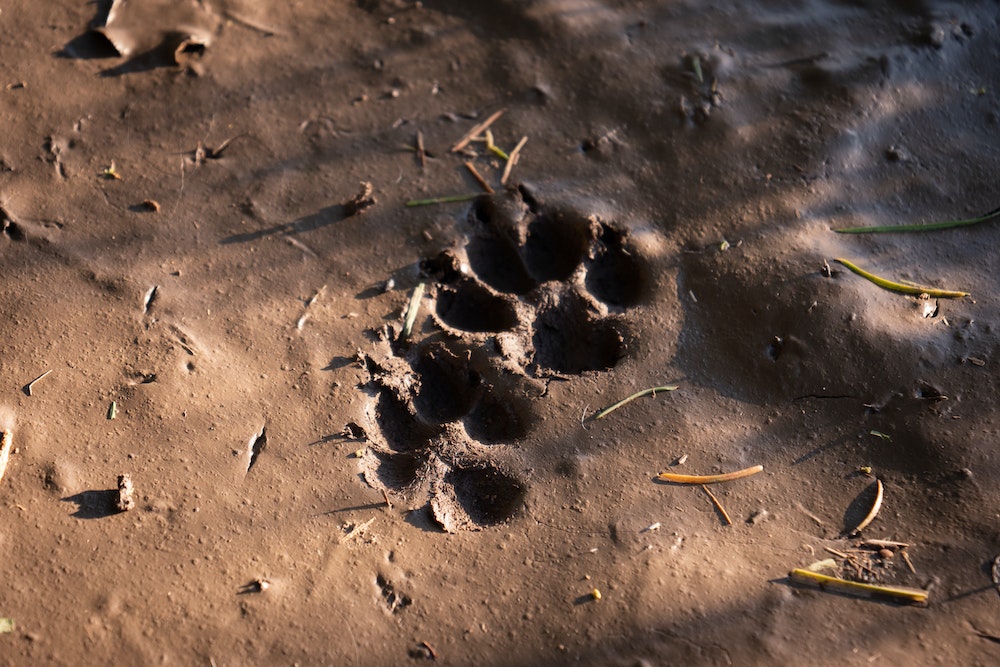How can one experience a traditional English fox hunt while adhering to contemporary ethical standards?

One of the most iconic and historically significant social sports of England, fox hunting, has been the subject of much debate and controversy in recent years. Rooted deeply in English tradition, fox hunting is an experience that is truly unique and intense. However, concerns about animal cruelty and wildlife conservation have necessitated adaptations to this age-old sport to ensure it aligns with contemporary ethical standards. In this article, we will explore how you can experience the thrill, camaraderie, and cultural significance of a traditional English fox hunt, while also respecting the life, well-being, and dignity of the noble fox.
Understanding the Tradition of Fox Hunting in England
Fox hunting originated in England in the 16th century and quickly evolved into a popular social sport among the upper classes. The sport involves hunters, often accompanied by a pack of hounds, pursuing a fox with the intention to catch it.
A voir aussi : Do you need tickets to the vatican? explore your options!
Traditionally, fox hunting is not merely a sport; it is a comprehensive social event. It begins with a formal meet, where hunters gather in the field, often decked in their distinctive scarlet coats. The sounds of the hunting horns, the baying of the hounds, and the thundering of the horses' hooves resonate across the English countryside, creating an atmosphere that is palpably exciting.
However, the hunting of foxes has been at the center of much debate due to growing awareness and concerns over animal cruelty. In 2004, the Hunting Act was passed in England and Wales, which banned the hunting of wild mammals with dogs. Yet, the love for the sport and its social aspects has kept it alive, albeit in a modified form that respects the law and ethical standards.
A lire également : What are the most recommended vegan-friendly B&Bs in London?
Ethically Aligned Fox Hunting: The Shift to Drag Hunting
In response to the 2004 Hunting Act and out of respect for animal life, many hunting communities have shifted to "drag hunting" or "trail hunting". This form involves the hounds following a scent trail laid out before the hunt begins, replicating the chase without harming any wildlife.
Drag hunting or trail hunting recreates the thrill of the chase, the camaraderie among the hunters, and the spectacular sight of the hounds in full cry. The essential elements of the hunt are maintained, sans the cruelty towards the foxes, making it an ethically acceptable alternative.
It is important to note that the shift to drag hunting is not just a legal necessity, but also a reflection of changing societal attitudes towards animals and wildlife conservation. Universities across England have researches indicating a growing empathy towards animals, their life and well-being.
Fox Hunting as a Celebration of Wildlife and the Earth
Today, many hunting communities see themselves as stewards of the land and wildlife. They believe in respecting all forms of life on earth and practicing sustainable hunting methods.
Fox hunting, particularly in its contemporary drag hunting incarnation, offers a unique opportunity to celebrate and appreciate England's wildlife and beautiful countryside. It fosters a deep connection with nature and the earth.
The collective experience of galloping across the fields, following the hounds, and navigating the challenging terrains can instill a profound appreciation for wildlife, the earth and its fields. It can also serve as a potent reminder of the responsibility we all share towards preserving our natural habitats.
Participating in Fox Hunting: Merging Tradition with Contemporary Values
If you are keen on experiencing a traditional English fox hunt in a manner that aligns with your contemporary ethical values, consider participating in a drag hunt. Many hunts allow guest riders to join them for a day, offering an authentic experience of this traditional English sport.
Ensure that you familiarise yourself with the etiquette and traditions associated with the hunt. These rules not only enhance the enjoyment of the sport but are also designed to ensure the safety of all participants as well as the welfare of the animals involved.
Prepare yourself physically too as fox hunting is an active sport that requires a good level of fitness. Riding skills are also crucial, so consider taking a few riding lessons if you are not an experienced rider.
Conclusion
In conclusion, it is possible to experience the age-old tradition of fox hunting in England while adhering to ethical standards. By participating in drag hunting, one can enjoy the thrill, camaraderie, and cultural significance of this traditional sport, without causing harm to the noble fox or any other wildlife. This aligns well with the growing societal awareness and empathy towards animals, as reflected in the ban on hunting wild mammals with dogs.
In the face of the changing attitudes towards wildlife conservation, the shift to drag hunting is a testament to the adaptability of traditions. It demonstrates that it is possible to uphold cultural practices while also evolving to reflect contemporary values. So, gear up, join a drag hunt, and experience the thrill of this iconic English sport, while respecting the life and well-being of all creatures.
The Evolution of Fox Hunting: Transitioning from Blood Sports to Animal Protection
Fox hunting, as we know it today, has significantly evolved from its origins in the sixteenth century. The shift towards animal welfare in the twenty-first century has indeed transformed this traditional sport, leading to considerable changes in its fundamental practices.
At the heart of this evolution lies the growing public sentiment against blood sports and the increasing recognition of animal rights. The once prevalent view of foxes as mere game has been replaced with an understanding of them as sentient beings deserving protection and respect. This change in perspective has been instrumental in the transition from fox hunting to trail hunting, indicating a significant leap forward in animal protection.
The hunting controversy that peaked in the early twentieth century sparked a widespread debate on wildlife management, pushing the government to enact the Hunting Act in 2004. This landmark legislation, which banned the hunting of wild mammals with dogs, marked the beginning of a new era in the history of fox hunting in Great Britain.
The shift towards trail hunting has not only aligned fox hunting with contemporary ethical standards but has also fostered a new relationship between the hunting field and the red fox. Rather than the predator-prey dynamic, the focus is now on the chase, the strategy, and the respect for wildlife.
Interestingly, the evolution of fox hunting has also influenced social history. Fox hunting, once a symbol of class cruelty, has transformed into an activity that transcends social boundaries and welcomes diverse participants, reflecting the universality of animal welfare concerns.
Conclusion: Merging English Tradition with Ethical Wildlife Management
The transformation of traditional fox hunting to trail hunting stands as a testament to the adaptability of long-standing traditions in the face of societal change. This shift is a prime example of how cultural practices can be modified to align with contemporary values without losing their essence.
Increasing awareness of animal protection and a growing empathy towards wildlife have caused the hunting field to adapt. The introduction of trail hunting provides an excellent alternative to the blood sport of the past while preserving the thrill and camarity associated with it. This way, it strikes a balance between upholding the cultural significance of fox hunting and respecting the life and dignity of wild mammals.
In essence, the changes in fox hunting practices in the twentieth and twenty-first centuries reflect the evolving relationship between humans and animals. The move from viewing animals as mere prey to acknowledging their rights and welfare indicates a significant shift in societal attitudes. This progression is crucial not just for fox hunting, but for all forms of wildlife management and conservation.
To experience the thrill of a traditional English fox hunt, consider participating in a trail hunt. However, remember that fox hunting is not just about the sport; it is about respecting wildlife and preserving the countryside. Let's delve into this exciting sport with the knowledge that the thrill of the chase should never come at the expense of the noble fox or any other animal. So gear up, join a trail hunt, but above all, respect the life, dignity, and well-being of all creatures.
